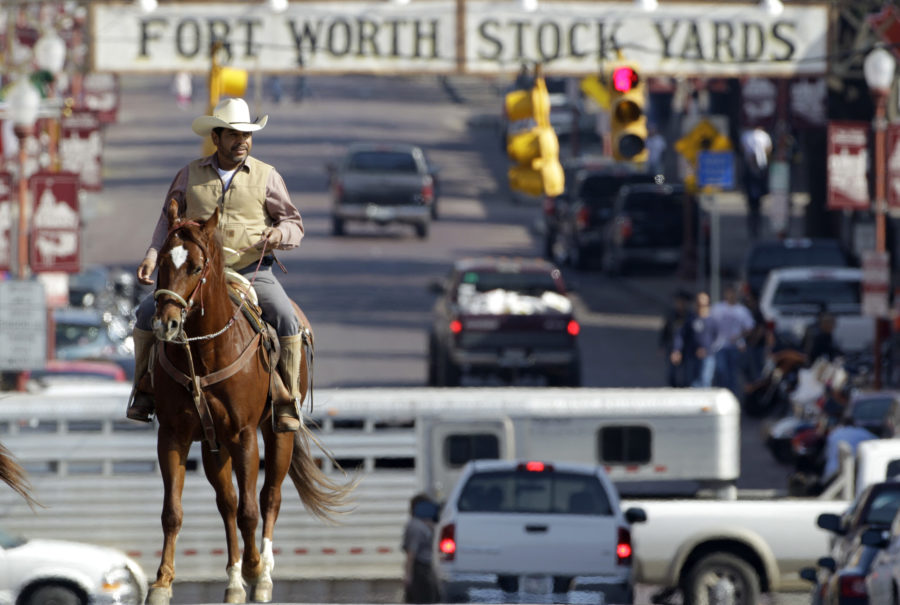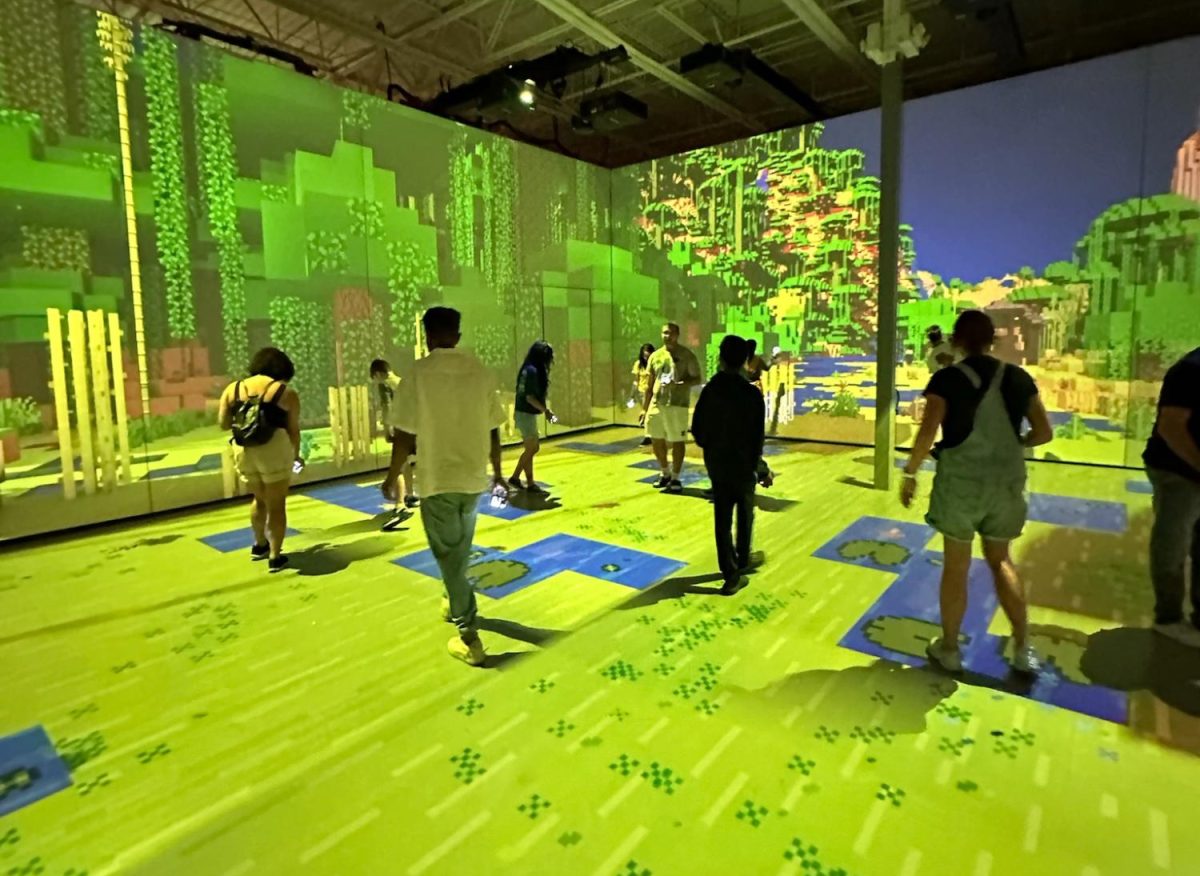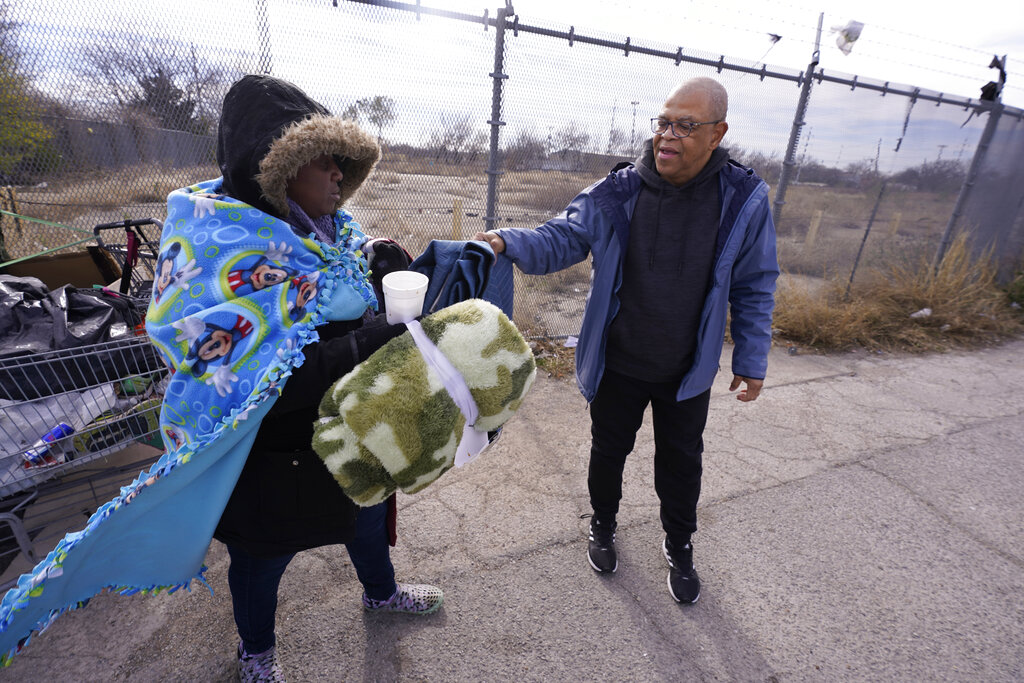For the past week, Jews in Fort Worth and across the globe have been celebrating centuries of pilgrimage to Jerusalem while thousands of miles away.
“People don’t know what Sukkot is because we’re not a particularly evangelical people, we’re not trying to win converts,” said Rabbi Gary Perras of Congregation Ahavath Sholom on Hulen Street.
The Jewish community in Fort Worth is small and it may seem to other residents that they are not very present. Much of this unfamiliarity comes from general lack of knowledge.
Beginning last Wednesday, Congregation Ahavath Sholom joined with Jews around the world in celebrating the centuries old tradition of Sukkot.
Rabbi Perras said that Sukkot began as remembrance of the exodus of Israelites out of Egypt. Sukkot is one of three major pilgrimage festivals, the others are Passover and and Shavu’ot or don’t know if Pentecost should be upper case, or if you need more of an explainer so this isn’t confused with Christian Pentecost.
According to the Torah, when the Israelites were wandering in the desert they stayed in thatch-roofed huts. According to the Torrah, a Sukkah is a thatch-roofed temporary shelter the Israelites lived in made in. Jews recreate the Sukkah in remembrance of the Israelites’ huts. Rabbi Perras said that before the Jewish temple was destroyed, Jews could make their pilgrimage to the original ancient Jewish temple in Jerusalem to celebrate Sukkot. They would sleep in a Sukkah during their journey. Since the destruction of the temple in A.D.70 , Jews would make the Sukkah in remembrance at their own home and celebrate with their families and congregation.
The creation of the Sukkah traditionally has specific parameters. Children at Ahavath Sholom competed in a competition this year to create the best replica of a Sukkah. Through cardboard boxes and picture cutouts children captured the thatch roof and the three walls of the Sukkah.
Jewish families celebrate Sukkot for seven days. This year the celebration started Oct. 14, and ended Oct. 21. The families celebrate by doing activities in the Sukkah they have created. Matt Bumpus, a member of Ahavath Sholom congregation, said many families eat their meals in the Sukkah and some even sleep there.
Rabbi Perras said he remembers his grandfather spending the week in the Sukkah, even in the rain.
“Sukkot is a time when people get a taste of the living conditions of others in more poor countries. It gives them sympathy. Maybe this will inspire people to do something.”
After the celebration the Jewish community will celebrate the week they spent practicing the Sukkah tradition. Rabbis Perras said they had festivals and services in honor of the end of Sukkot.
Rabbi Perras said he welcomes visitors at the synagogue and was amenable to recreate the traditions his congregation practices during the Sukkot Holiday.



